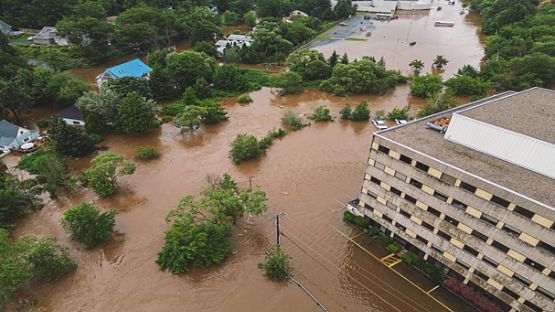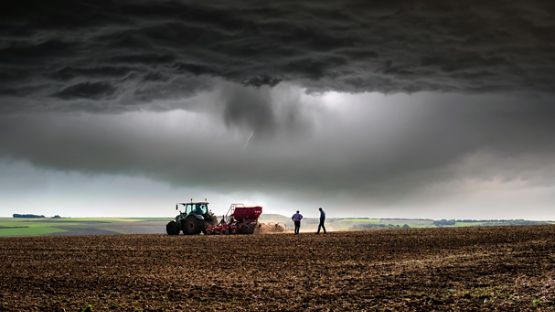Certifications from testing organizations such as the Canadian Standards Association (CSA) may be mandatory for certain businesses in Canada, as are additional certifications that are relevant to specific industries, such as certifications required for storing, selling and shipping and importing. Other certifications available may be optional but worth considering as good business practice. Here is a look at standards for some of the more common industries.
Food safety certifications
- Canadian Food Inspection Agency (CFIA) provides certification for various products.
- Safe Food for Canadians Regulations (SFCR) comes into effect in January 2019 and will require licenses for businesses that import or prepare food that crosses international, provincial or territorial borders. An interactive tool can help you decide if you require a license.
- Hazard Analysis Critical Control Points (HACCP) is an internationally recognized risk-based system for managing food safety. It is mandatory for federally registered meat and poultry establishments and is followed in the fish industry as well. Its principles offer general guidelines for all food industries and may eventually become mandatory for non-federally registered food industries.
- Safe Quality Food Standard Certification (SQF) is maintained by the Food Marketing Institute, a trade association of food retailers. SQF certification assures buyers that your organization handles food products at one of three levels of certification.
- Good Manufacturing Practices (GMP) certification is offered by several organizations and confirms your compliance with GMP standards developed by Health Canada.
General manufacturing standards
Standards Council of Canada (SCC) is a government agency that provides accreditation to hundreds of industry certification bodies, including those in specific manufacturing industries. Additional certifications available include:
- International Organization for Standardization (ISO) offers internationally recognized standards of accreditation that cover products, services and systems to ensure quality, safety and efficiency. While not required, some businesses can qualify for government assistance to assure ISO compliance.
- Underwriters Laboratories of Canada (ULC) is an independent product safety, certification and inspection organization. It evaluates a wide range of home and business products for safety and SCC compliance.
- Canadian Standards Association (CSA) offers certifications that are of particular interest to manufacturers operating in a global environment. These certifications include safety, performance and product testing, and the CSA has certified billions of products in Canada, the United States and 12 other countries. The American National Standards Institute (ANSI) and the SCC both recognize CSA certification.
- National Fire Protection Association (NFPA) publishes over 300 codes and standards designed to minimize the effect of fire and other risks on your building. Access to these codes and standards is free.
- American Society for Testing and Materials (ASTM) is an international organization that provides thousands of manufacturing standards and certification programs for materials, processes and devices through its subsidiary, the Safety Equipment Institute (SEI).
- All electrical products in Canada must contain the Electrical Testing Lab (ETL), CSA or ULC certification marks. Electrical products must also meet the standards set by the individual provinces and territories where they are sold.
Provincial standards
Provincial authorities may require businesses to maintain specific standards in the areas of fire safety, plumbing, building and environmental impact as well. There are also specialized provincial certification authorities, such as the Technical Standards and Safety Authority that provides fuel safety certification in Ontario.
Various certifications are available depending on your industry, process or products. The Standards Council of Canada along with trade and industry associations are good places to start. Find out what is required and recommended to do business safely and meet the highest possible safety standards.
Sources
Standards Council of Canada. (2017). Retrieved from Standards Council of Canada: https://www.scc.ca/en













